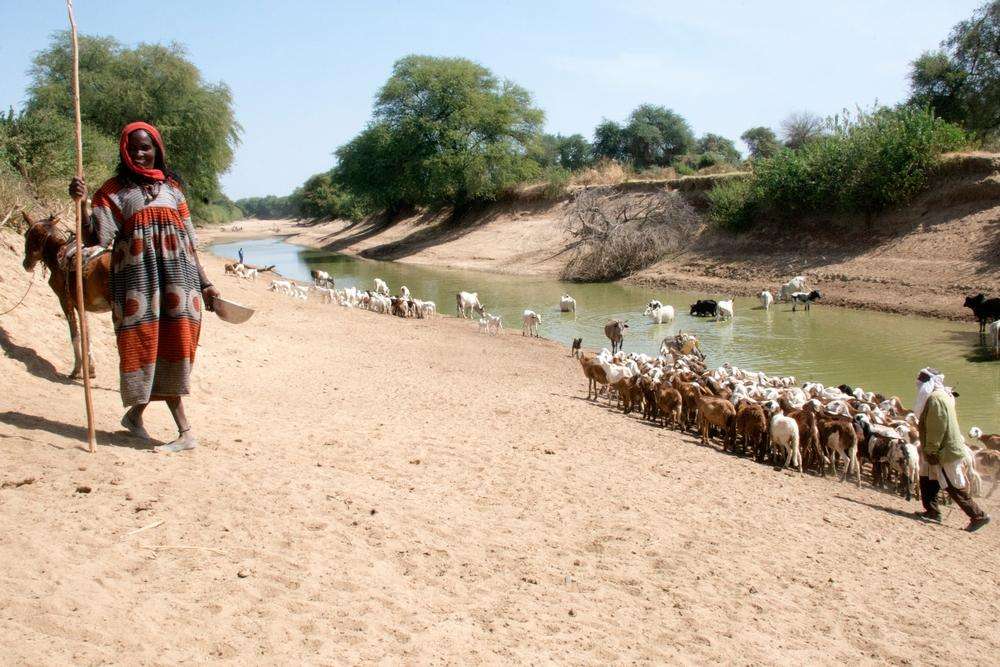NEW YORK/N’AJAMENA, CHAD, FEBRUARY 9, 2017—A hepatitis E outbreak is escalating across Am Timan, in the Salamat region of South-Eastern Chad, and more humanitarian actors are urgently needed to treat patients and contain further spread of the virus, the international medical humanitarian organization Doctors Without Borders/Médecins Sans Frontières (MSF) said today.
MSF identified the first hepatitis E cases five months ago and has treated 885 patients with Acute Jaundice Symptoms (AJS), with numbers increasing to an average of around 60 new cases a week. AJS, which commonly causes the yellowing of the skin and eyes, can indicate if a person has hepatitis E. Since September, 70 patients have confirmed cases of hepatitis E (HEV RDT+), 64 have been hospitalized, and 11 have died, including four pregnant women.
MSF has repeatedly called on other organizations to respond to this emergency, though the responses have been minimal and insufficient. A more consistent intervention is urgently needed, especially to improve water and sanitation. An immediate scale-up of support from other agencies and the government of Chad is key in containing this escalating outbreak.
“MSF is calling on all the humanitarian and development agencies present in Chad to step up the size and speed of their efforts to ensure an effective response to the hepatitis E outbreak in Am Timan,” said Rolland Kaya, MSF head of mission in Chad. “More actors are needed to implement preventative actions including water sanitation, especially as cases are increasing in frequency across the Salamat Region, and not only in the city of Am Timan.”
In addition to providing medical care, MSF has also implemented hygiene and sanitation activities since this virus is primarily transmitted from one person to another through contaminated water and in areas where access to quality water is limited. More than 600 MSF staff have been working to test for new cases, treat patients and improve water supplies and sanitation in the city of Am Timan, including chlorination of the city’s water towers.
"As a medical organization, it is not usually MSF’s job to intervene on a large scale in water chlorination activities, but with no other options to help stop the spread of the virus. We are obliged to fill this gap,” Kaya said. “Once again, we encourage the Chadian Ministry of Public Health to declare the current Hepatitis E outbreak an epidemic to enable the release of an appropriate response.”
In addition to the medical response in Am Timan hospital, MSF has rolled out a large scale bucket chlorination campaign at the 72 water points within Am Timan town. Additionally, MSF outreach staff are holding community education sessions to explain the importance of handwashing with soap and using chlorinated water at designated water points.
MSF has been working in Chad since 1981. Before the current hepatitis E outbreak, MSF was running regular medical programs in Am Timan and in Moissala.




